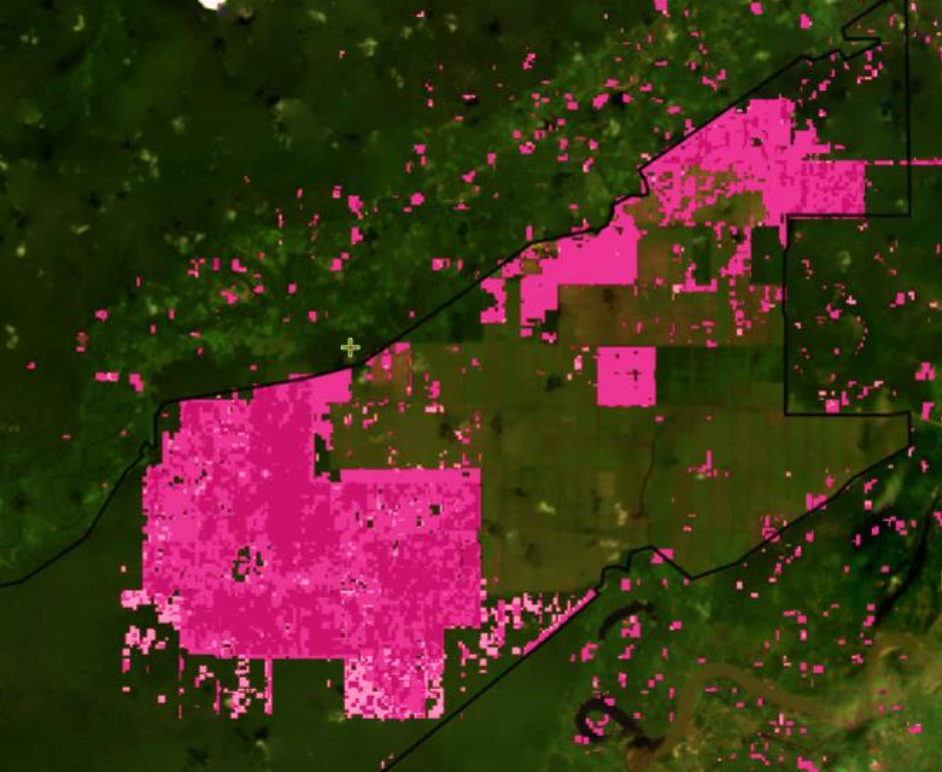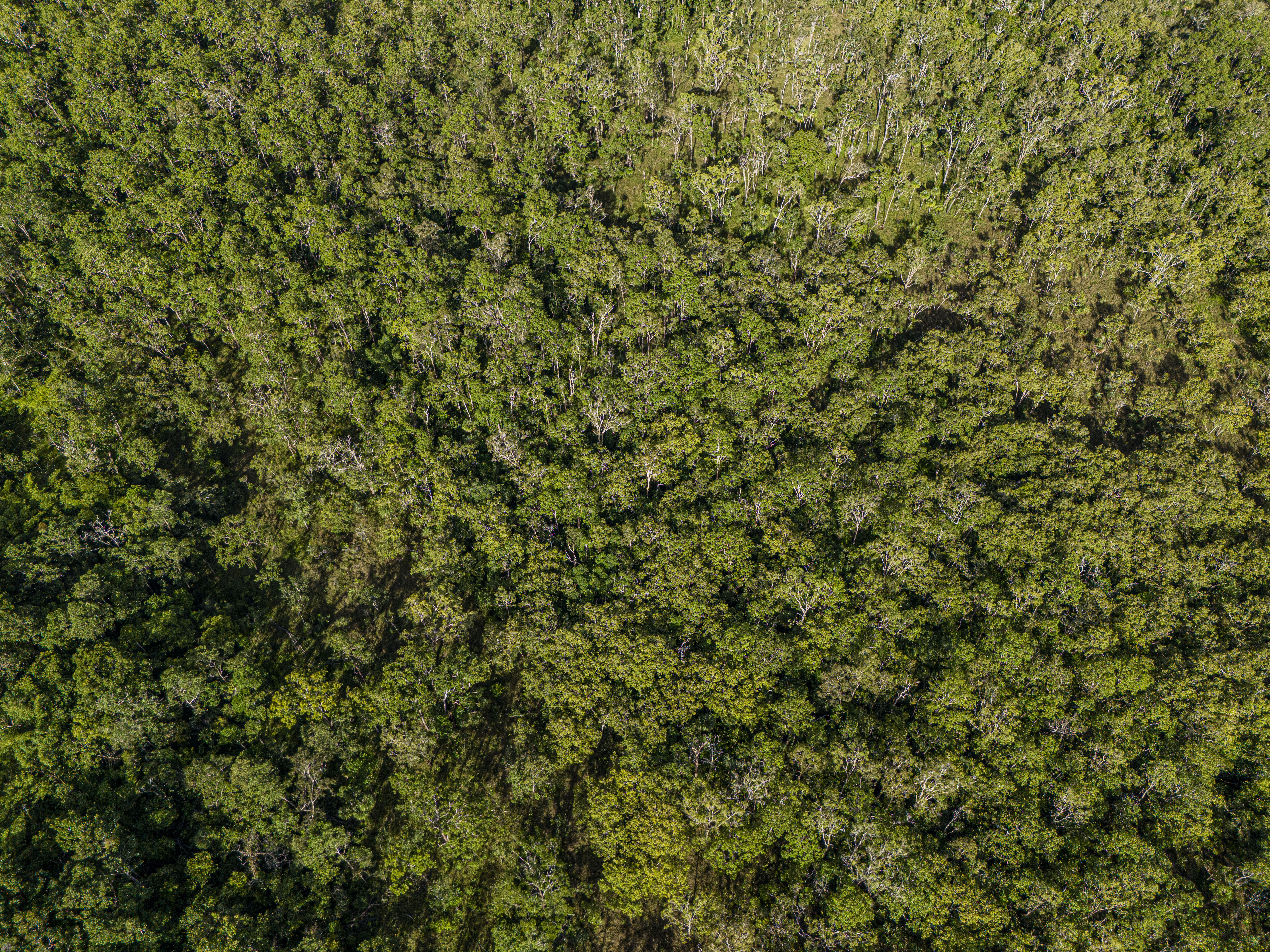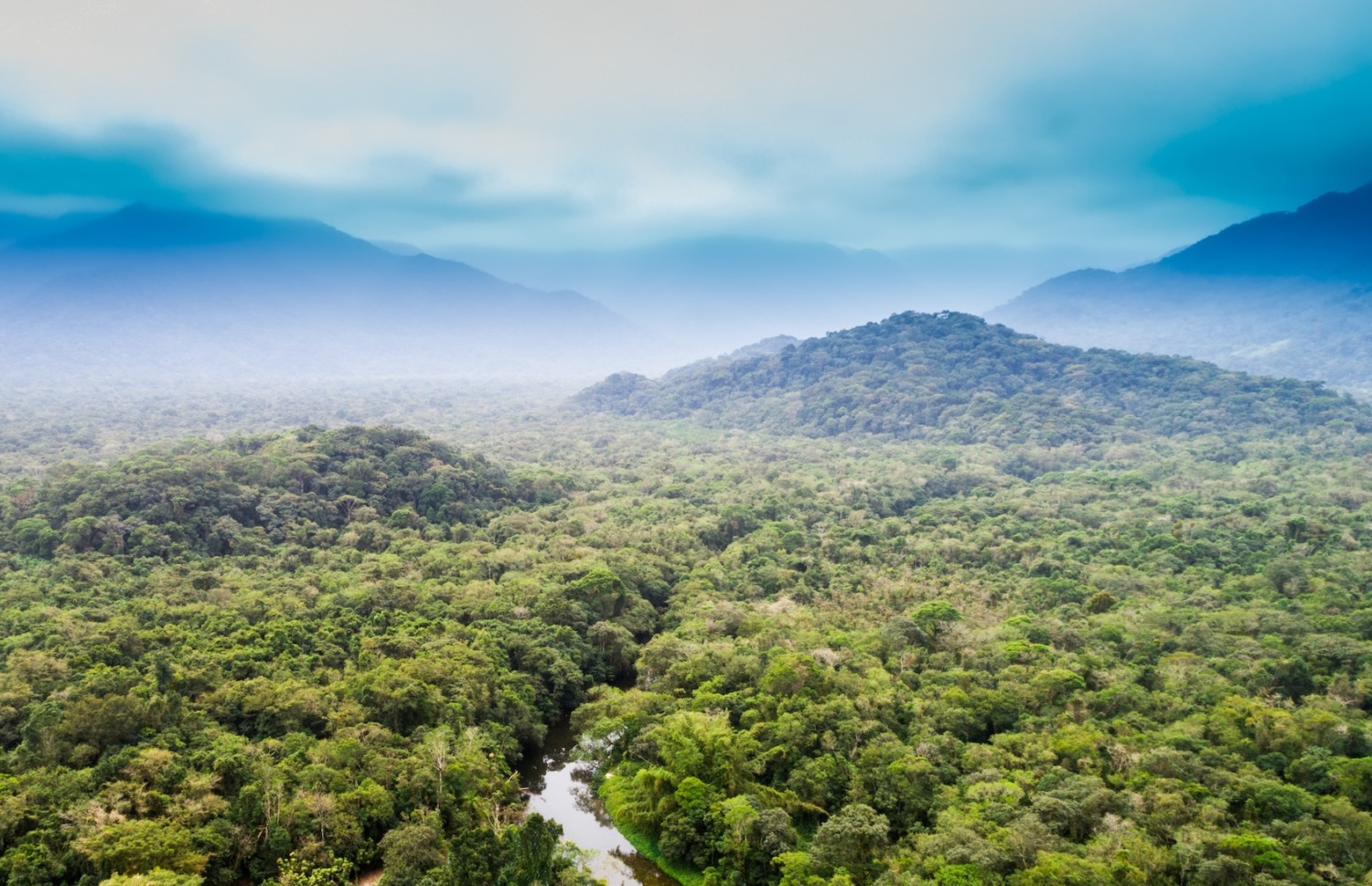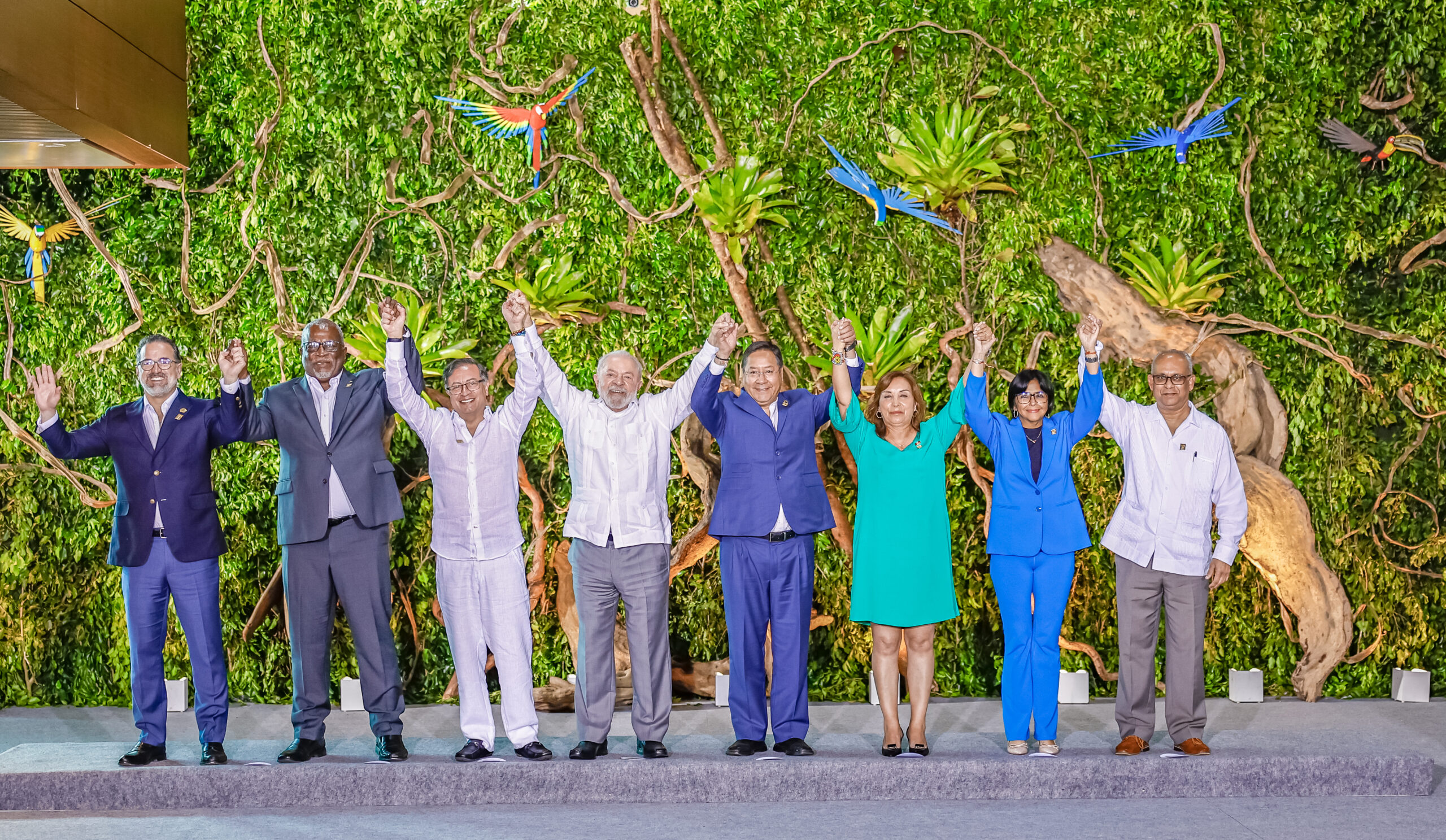
Belém Declaration: Meat Industry is still off the hook

Read in Portuguese here
By: João Gonçalves, Senior Director of Brazil, Mighty Earth
Belém Declaration: the meat industry is still off the hook! That’s at least the impression given by the eight Amazonian countries following this year’s inaugural Amazon Summit, in Brazil. Despite advancements in strengthening regional cooperation and acknowledging the rights of Indigenous peoples, the Belém Declaration, the conclusive document of the conference, missed a golden opportunity to convey a resolute message to the world: deforestation in the Amazon will no longer be tolerated. Disappointingly the letter signed by the Amazonian leaders doesn’t address how it intends to combat the primary driver of deforestation in the Amazon: the meat industry.
Currently, the conversion of land to pasture accounts for about 80% of the region’s deforestation. Land is grabbed to rear cattle or to grow soy to feed animals in intensive farming systems. Thus, more than any other industry, it is critical to address the destruction caused by the meat industry to safeguard the forest, its Indigenous communities and to mitigate the dire impacts it has on climate change.
Hopes were high that the issue would be confronted with the urgency it demands. Negative impacts of agribusiness were widely discussed by through numerous forums organized by civil society, academia, and the private sector itself during the Amazon Dialogues conference, which preceded the summit and elaborated proposals forwarded to heads of state. To contribute to the debate, Mighty Earth, in partnership with World Animal Protection, organized the side event “Agribusiness and deforestation in the Amazon – consequences for climate, fauna and health.” This event scrutinized how the agricultural production sector drives deforestation in the Amazon, highlighting its impact on wildlife and climate.
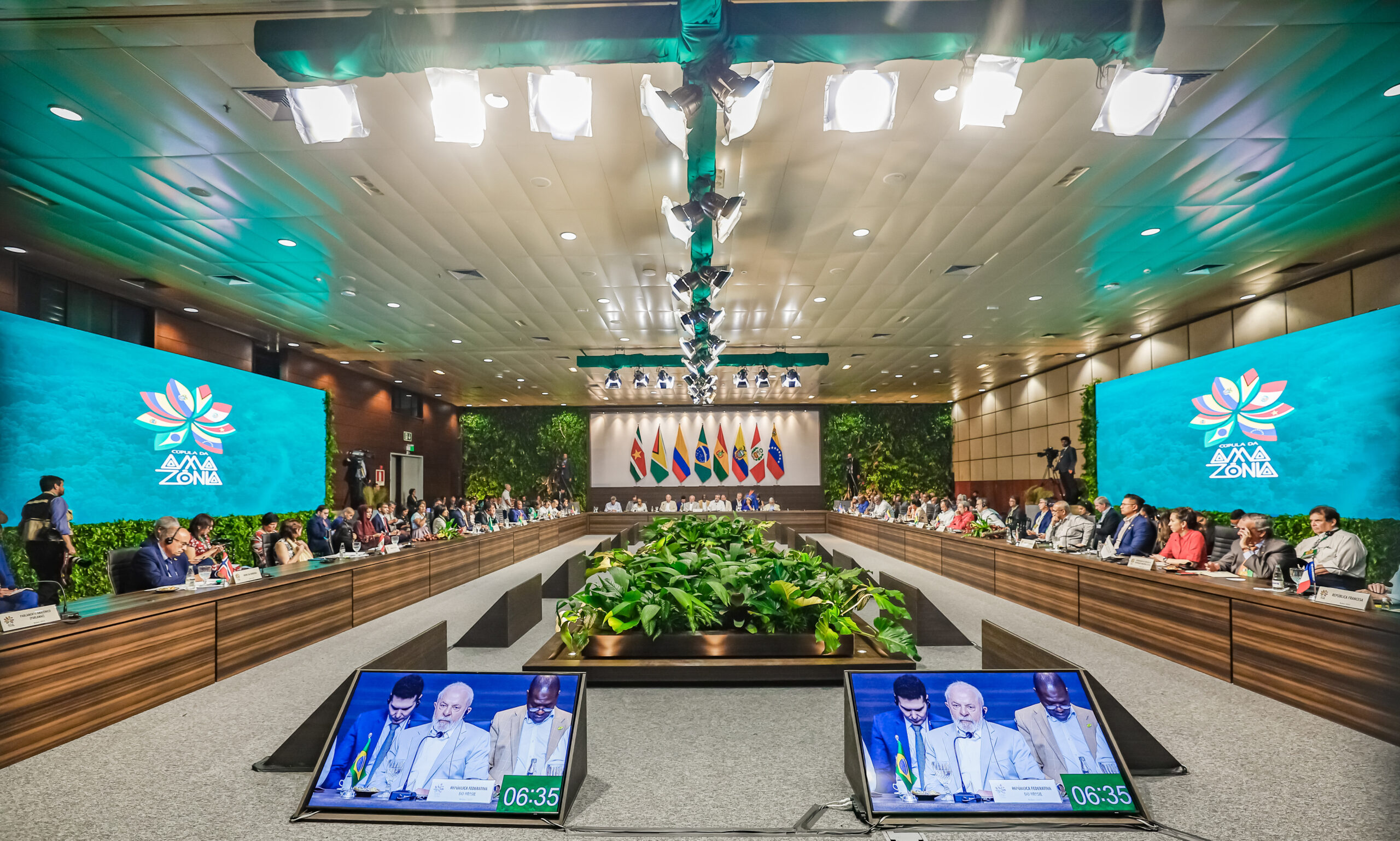
Foto: Ricardo Stuckert/PR
Contrary to expectations, the Declaration also lacks a commitment to unite the eight countries behind a singular target date for achieving zero deforestation in the region. The document is instead shaped by individual national objectives, which had been previously announced and differ for each country. Although nationals like Brazil, Colombia, and Peru have pledged, since the 26th United Nationals Climate Conference (COP26) in 2021, to achieve zero deforestation in the biome by 2030, other such as Bolivia and Venezuela lack distinct targets to halt the devastation of the world’s largest tropical forest.
Our expectation is that regional cooperation will foster the development of a public traceability system to the farm level, capable of identifying meat products that contaminate supply chains with deforestation. The implementation of such a system will make it possible to find those responsible for deforestation and where it happens. Only in this way will we be able to put pressure on global food companies to be more transparent in their supply chains, blocking direct and indirect suppliers that are linked to deforested areas. The traceability of the chain brings security both to the company committed to reducing its carbon footprint, and to the final consumer with an eye on the sustainability of the planet.
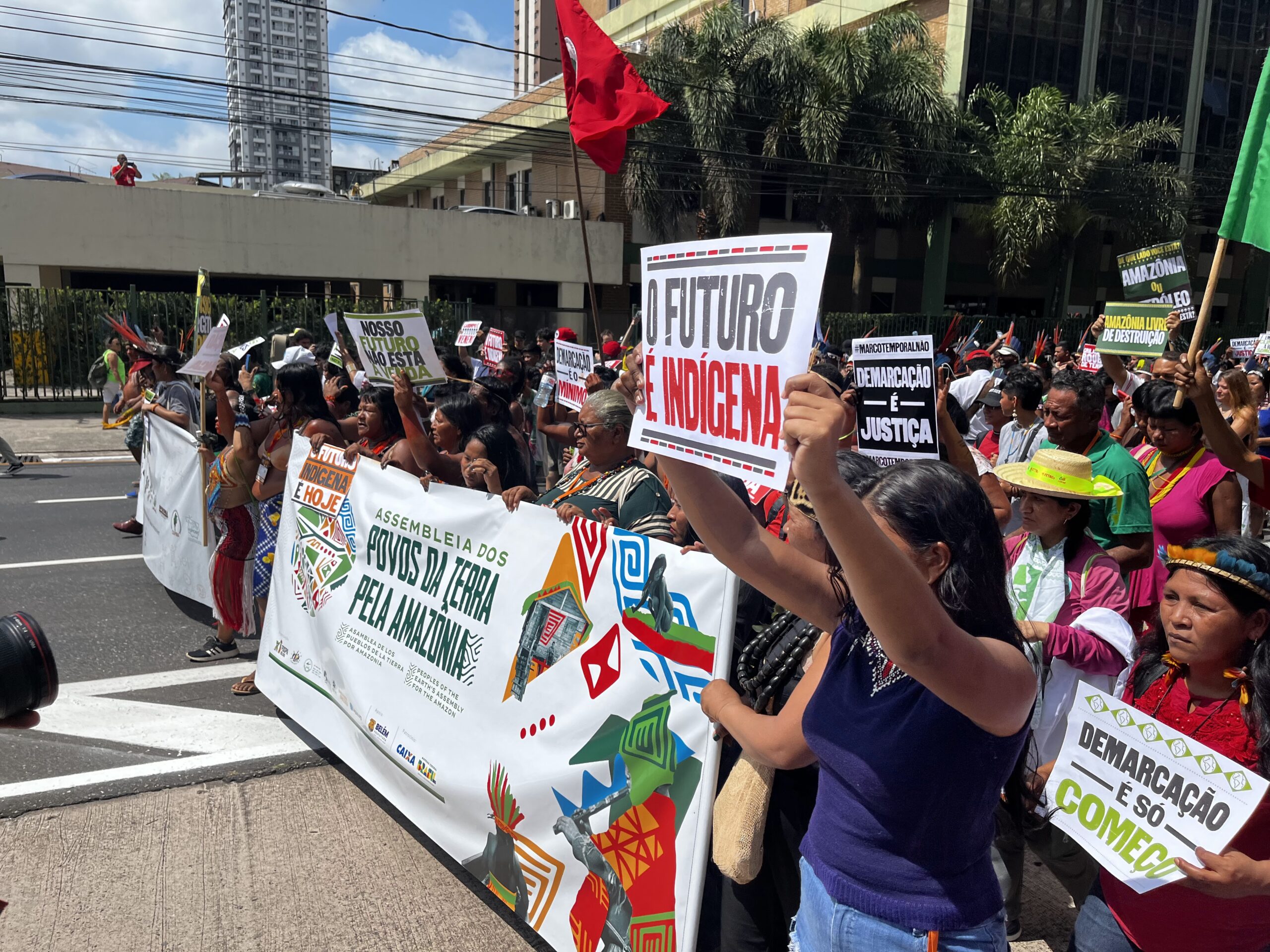
08.08.2023 – Protest during the Amazon Summit Foto: João Gonçalves
We hope that initiatives mentioned in the Belém Declaration, such as the creation of an Amazon Alliance to Combat Deforestation, will evolve into public policies that effectively combat the problem, aiming at the regulation and supervision of land use by agribusiness. Similarly, we expect that part of the $100 billion annually that Amazonian countries intend to mobilize for climate finance will be used for this purpose.
It is important to acknowledge that the achievement of zero deforestation by 2030 hinges on addressing the root causes of the issue. Without addressing the growing impact of the meat industry on forest destruction, we will not prevent the Amazon reaching an irreversible tipping point, with significant losses not only to the people and wildlife who depend on it for their survival, but also for our planet. We will have little chance of staying within 1.5C of warming without protecting what is left of the Amazon and restoring the damage that has been done. It’s time to put the meat industry on the hook before it’s too late.
